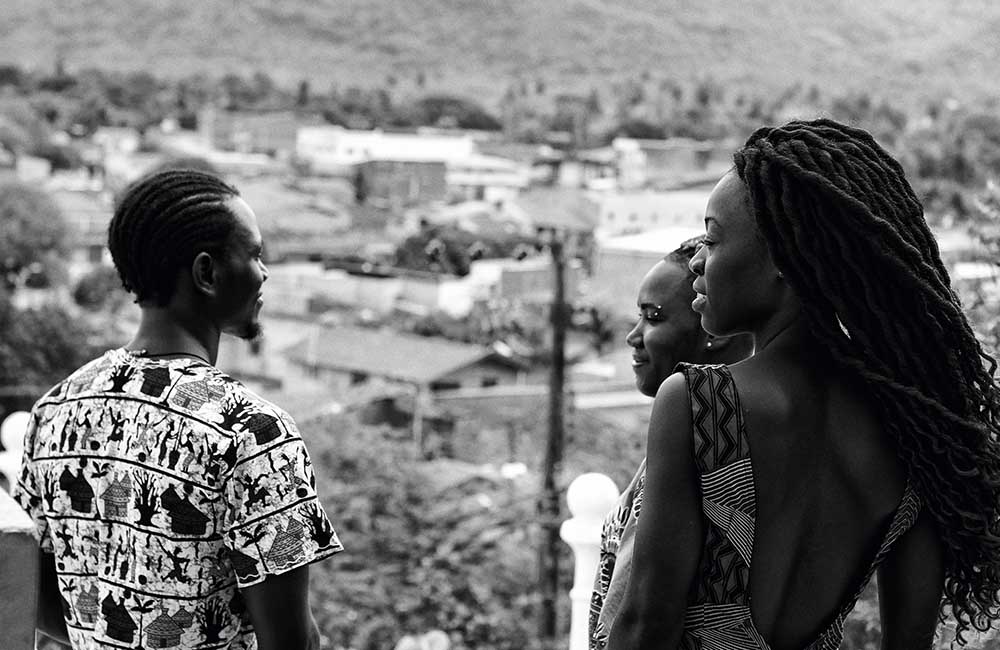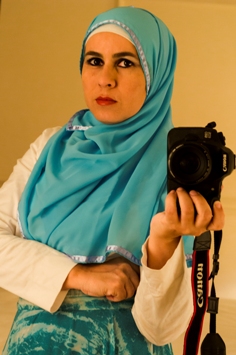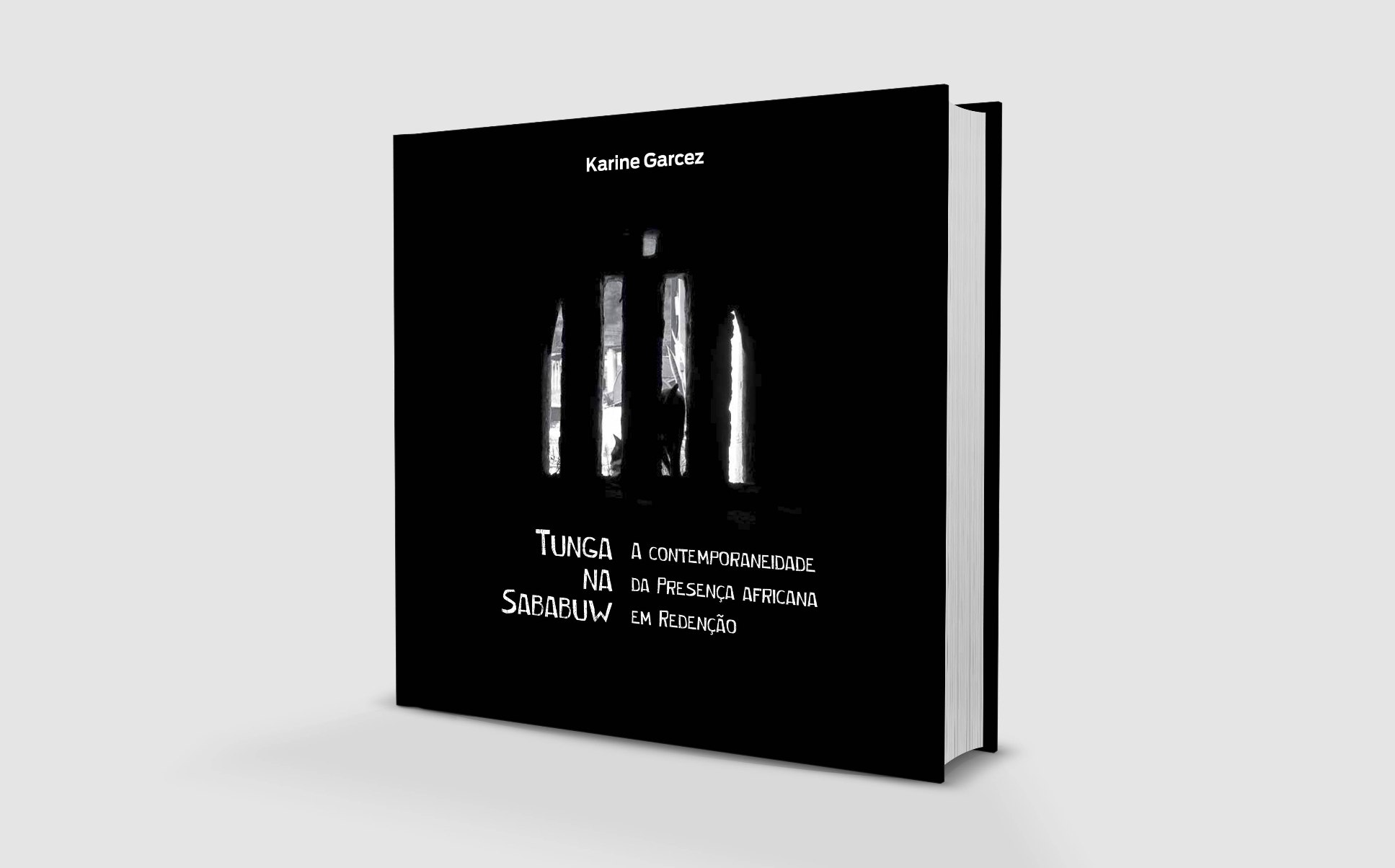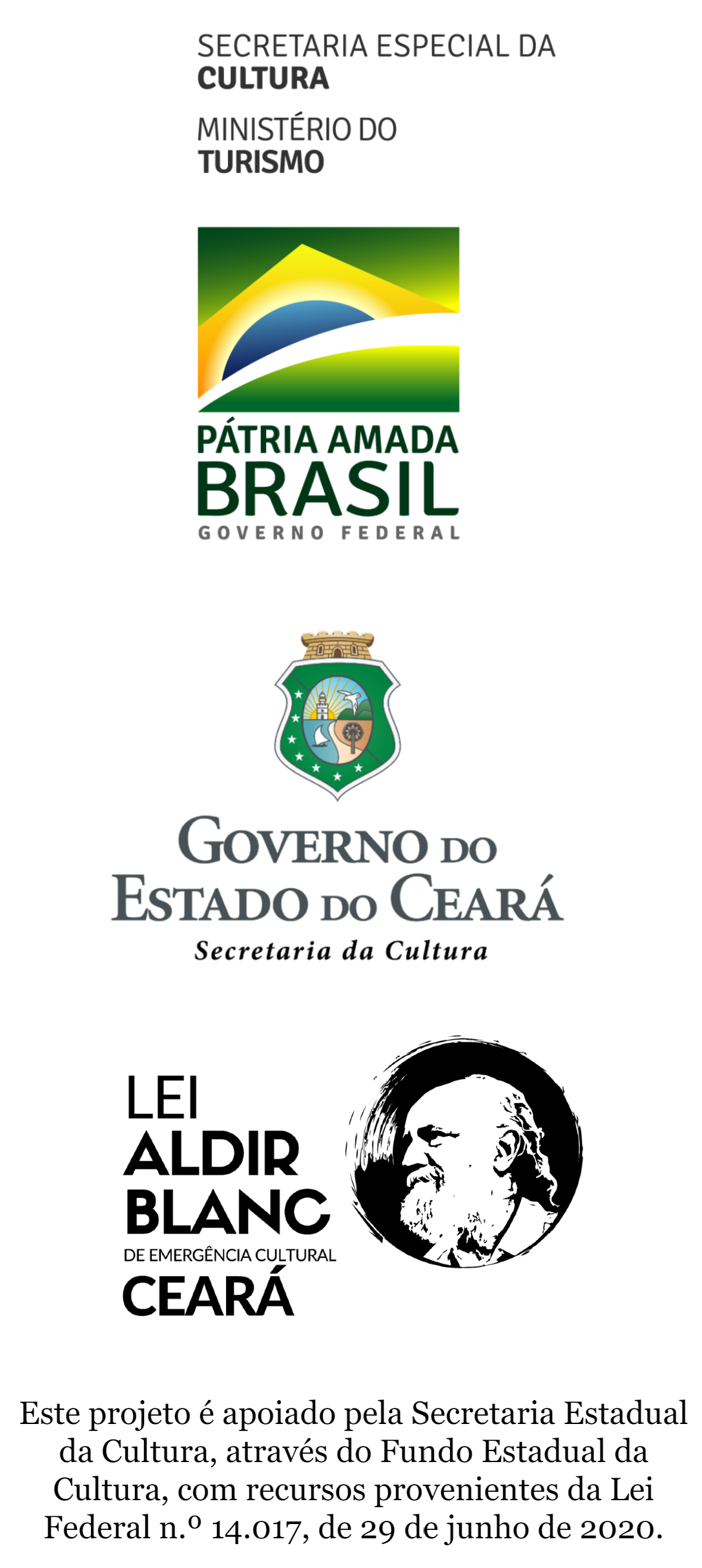
Tunga at Sababuw
The contemporaneity of African presence in Redenção
This book represents a reunion with the trajectory of Africans in Brazil, based on some photographic records that deal with this experience lived in different moments of the local history, more particularly in the city of Redenção, in Ceará, and its surroundings.
Subjects whose legacy constitutes an important part of the social formation of that territory, despite the discourse of denial of their presence and their role.
Synopsis of the Book
Tunga at Sababuw: The contemporaneity of African presence in Redenção
In the present work, the researcher, photographer and documentary filmmaker Karine Garcez provides us with an excellent opportunity to broaden our perception and understand the topic of migration as something dynamic, multifaceted, even showing the permanence of these events, which goes beyond mere repetition. geographical displacements carried out by certain human groups.

Inviting us to reflect on the phenomenon of migration from the experience of African subjects and their descendants, taking into account the different moments in which this type of event occurred on the Africa-Brazil transcontinental axis, and whose advent of the trafficking of enslaved people to different points of the Americas in the colonial period is an unavoidable marker.

Biography
Karine Garcez
Karine Garcez is a documentary photographer, involved with the international struggle for social justice, having worked in refugee camps in the Middle East. She portrayed children and set up the refugee children campaign, aimed at raising funds for the education of expatriate girls and boys. An International Relations student, she is a representative in Brazil of the Dutch humanitarian aid NGO “Al-Wafaa Campaign” and a speaker at the Muslimah Project, by which she explains in schools the fundamentals of Islam, supporting religious tolerance and everyone’s right to choose his own faith. In addition, she is the coordinator of the Islamic Committee of Solidarity – ICS (Ceará) and author of the book “Refugee children – portraits of a conflict”.
Review
Wagner Ribeiro – Photojournalist, University teacher
Photographing is a two-way street. While revealing the world in situation, the photographer also reveals a facet of his own being-in-the-world. Therefore, in the following pages readers will find a “surgical” unveiling to understand the Other and Brazil. But what are these worlds that Karine Garcêz, with very fine-tuned instruments, makes available to us through a semiotic “cauldron” of photographs, texts and designs?
Karine tells the history of enslaved human beings, brought from Africa to Brazil, especially to Ceará, the focus of the work. Like every documentary filmmaker of excellence, the author also introduces us to some living descendants of historical characters, so that we can understand the unfolding of the facts in a broader and more precise social context.
Like a fairy charmer, the author places us in front of a mirror, and there we stand… mesmerized by the reflection. In each historical or current scenario, in each look of joy, pain, or melancholy, in each smile, in each wrinkle on the faces of African descendants represented in Karine Garcêz’s photographs, we see the signs of the African Diaspora in our country. Combining the power of art with the rigor of research, the author exposes what, for centuries, we have tried to hide in the abyss of consciousness: every Brazilian carries exile in his soul; if not by himself, certainly by historical responsibility. Enjoy the journey to “Tunga” at “Sababuw”: The contemporaneity of the African presence in Redenção.
Cilene Victor - Humanitarian journalist, researcher and professor of the Graduate Program in Communication at the Methodist University of São Paulo and of the undergraduate program at the Paulus School of Communication
Tunga at sababuw: The contemporaneity of African presence in Redenção, by Karine Garcez, a researcher and one of the most important and respected humanitarian photographers of her generation, manages to address a complex and dense issue in a mild and sensible way, without giving up a deep investigation, one able to capture, in a unique way, what connects past, present and future.
The result is a beautiful book of photography, art, history, and International Relations, but, above all, a valuable and deep document about the African diaspora in Brazil through the lens of humanitarianism.
The humanitarian narrative adopted by Garcez, when representing young Africans from Portuguese-speaking countries, students at Unilab – University of Integration of Afro-Brazilian Lusophony, in Redenção, Ceará, sounds like a rescue and a toast to humanism in times of cholera. Sensibility overrules barbarism! I borrow from Adorno and Horkheimer a concern to define the richness of this work by Karine Garcez. The question is not the conservation of the past, but our moral commitment and desire to rescue past hopes.

Buy the Book
Tunga at Sababuw: The contemporaneity of African presence in Redenção
R$ 80,00
+ R$ 16,00 (Shipping)
Send a message to: tunganasababuw@gmail.com

E-Book with accessibility
Tunga at Sababuw: The contemporaneity of African presence in Redenção
Free
Send a message to: tunganasababuw@gmail.com
Redemption
A poem by Jansen Viana - Black poet from Ceará
Slavery is the fruit
From the money of some
And the wickedness of many
Redemption springs
Lack of money
And the kindness of the few
We conquer freedom
By fight
They did not do justice
To abolitionists
Gratitude
We redeem them
We are free
We have always been
But those who love money
They remain enslaved
Sponsored By


Tunga at Sababuw: The contemporaneity of African presence in Redenção
tunganasababuw@gmail.com.br
All rights reserved - 2021